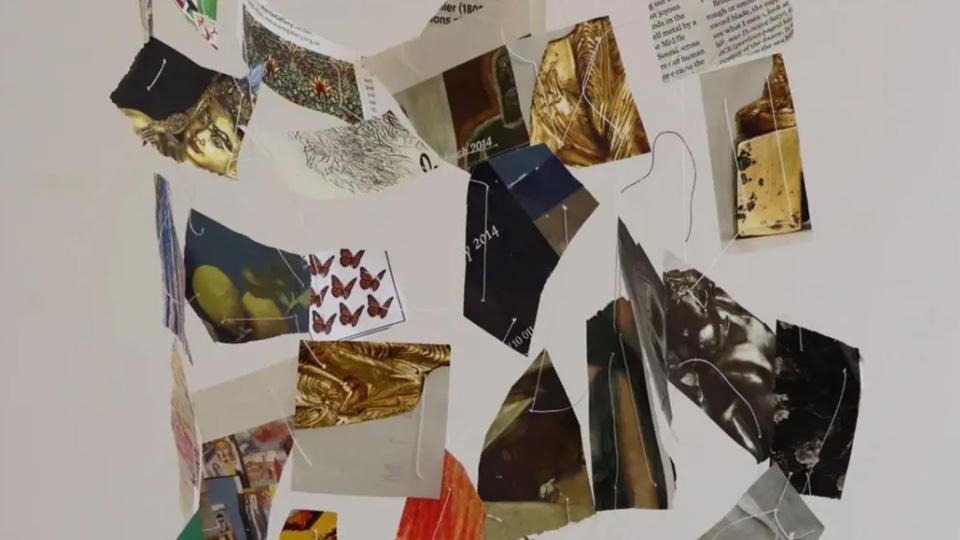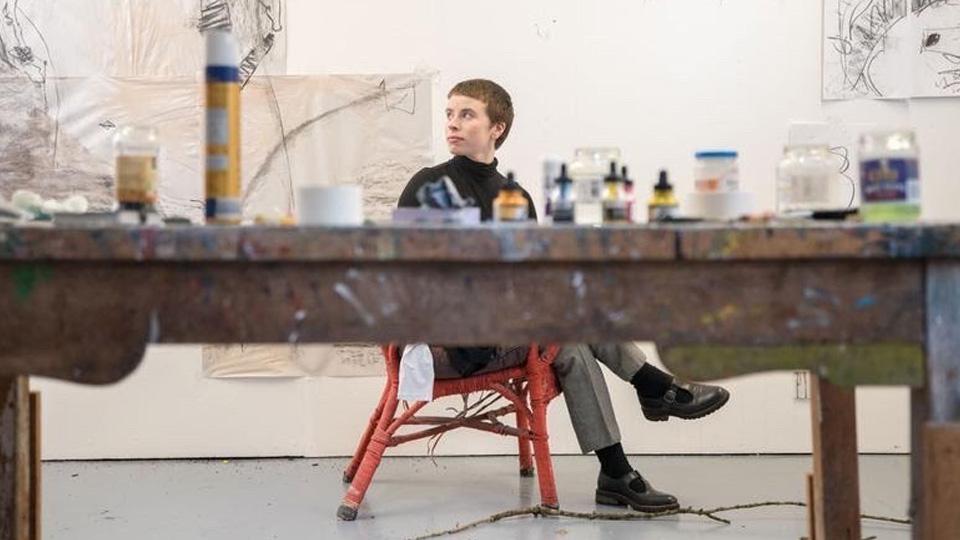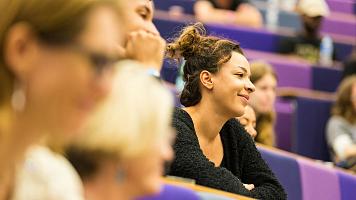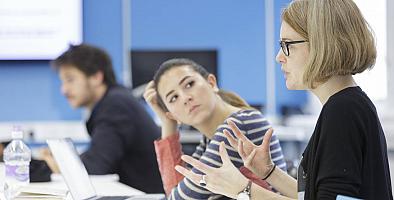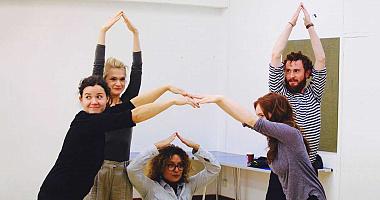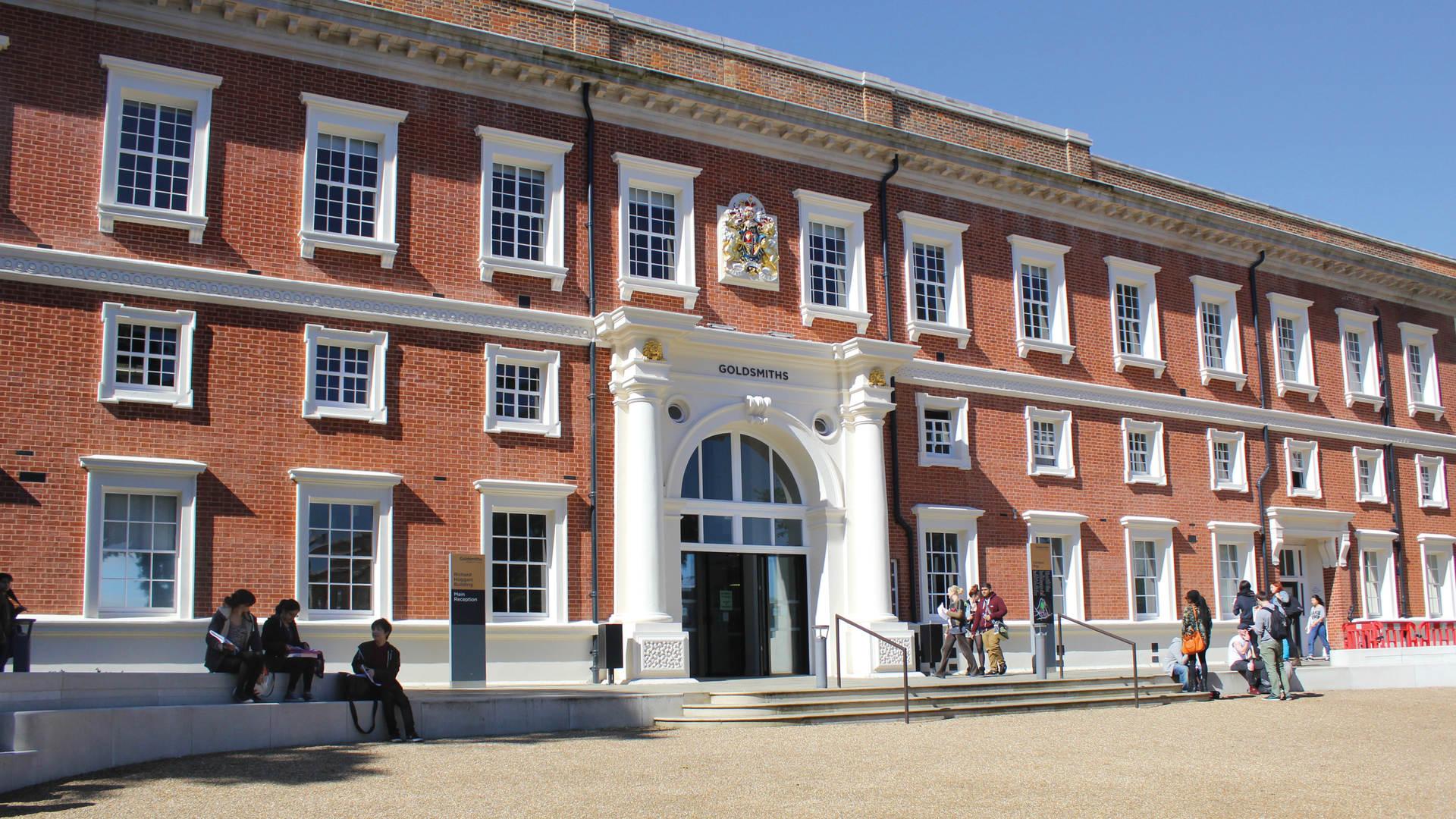Overview
The programme places a strong emphasis on student-centred and directed learning, where teaching sessions and personal tutorials draw on the critical reflection and development of your artist-educator practices: including artistic, theoretical, political and learning and teaching concerns.
The modules of the programme are all underpinned with practice and explore theories of contemporary art, learning and critical and dialectical pedagogical theories and philosophies.
You'll attend lectures, seminars, workshops, and tutorials where you'll question the politics, ideas, practices, theory, and philosophy related to the specific topics of contemporary art practice, teaching and learning, identity and place/space construction, dialectical pedagogical theories and practice, social engagement, and research-led practices where you'll be encouraged and expected to critically discuss and debate the issues raised.
But this is just a small proportion of what we expect you to do on the degree. Independent learning/research (practice with theory) is expected throughout the programme, this typically involves critical reflection and development of your practices as artist-educator including additional readings, preparing topics for discussion/presentations, working with fellow students, producing essays, artist-positioning statements, research, planning, organising and producing practice-based work and/or projects, curating exhibitions and presentations, both individually and collaboratively.
This emphasis on independent learning is very important at Goldsmiths. We don't just want you to accept what we tell you without question. We want you to be deeply engaged with theory and practice to develop and sustain your ideas and practices as artist-educators.
Structure
To enable greater flexibility for you and more equitable experience for full-time and part-time students, the MA Arts and Learning programme has a modular structure, with the majority of teaching sessions usually conducted in the evenings.
This also enables part-time and full-time students to attend the same evening teaching sessions and therefore form a collaborative and supportive learning environment.
For you to obtain the postgraduate degree of MA Arts and Leaning you will need to complete 180 credits at Masters level.
This MA consists of four compulsory modules (150 credits) and one option module (30 credits).
Compulsory modules
You'll complete the following compulsory modules:
| Module title |
Credits |
|
Revisiting Practice
|
30 credits |
|
Spaces of Practice (in association with the Whitechapel, Goldsmiths Centre for Contemporary Art and the Gasworks)
|
30 credits |
|
Critical Pedagogy and Contested Spaces (CP) (In association with several small London galleries)
|
30 credits |
|
Independent Studies (IS)
|
60 credits |
Option modules
You then choose either:
- An approved module offered by another department.
- A non-compulsory module from MA Social Justice in Education.
Full-time and part-time study options
This MA is offered on either a 1-year full-time or 2 to 5 years part-time basis. There are multiple ways of splitting your studies, please speak to the programme leader for further information.
Practitioners who already have existing Masters-level credits may apply to have these transferred to this degree.
You may also take advantage of one of the following exit awards:
- Postgraduate Certificate in Arts and Learning (60 Credits)
- Postgraduate Diploma in Arts and Learning (120 Credits)
Individual Modules
Some of these modules are also available to be taken as part of a Continuing Professional Development (CPD) programme.
Assessment
The MA Arts and Learning utilises a number of complementary assessment strategies. These have been devised to appropriately assess the range of learning outcomes and are underpinned by the ethos of the programme these include, exhibition/presentation/performance, essay, viva voce.
Download the programme specification.
Please note that due to staff research commitments not all of these modules may be available every year.
